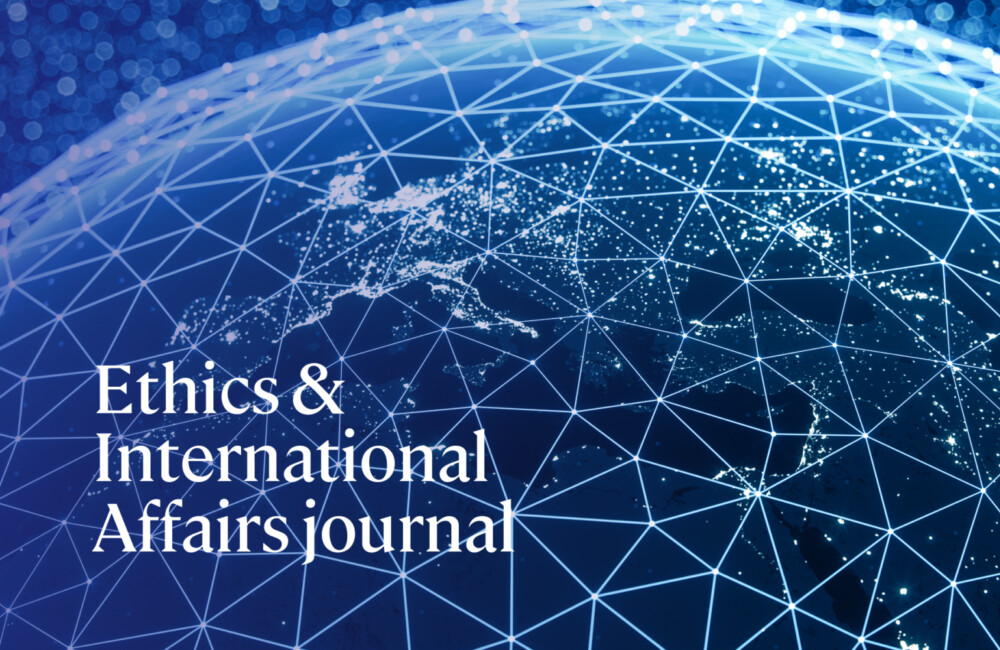The U.S. invasion of Iraq in 2003 has been the subject of much discussion for its impact on the use of force outside of UN Security Council authorization. Less commented upon is the fact that the so-called "Operation Iraqi Freedom" resurrected a body of international law that had been dormant through the second half of the twentieth century: the law of military occupation. Developed at a time when war itself was not illegal, this doctrine became something of an embarrassment after the UN Charter established a broad prohibition on the use of force. Nevertheless, through the 1990s the United Nations itself had become involved in operations in Kosovo that looked distinctly like military occupation. Even the most liberal reading of the instruments governing occupation law, however, finds it hard to reconcile this law with military intervention and post-conflict occupation premised on regime change. This article first surveys the law of military occupation before briefly examining the role of the UN Security Council in post-conflict administration. It then turns to the ambiguous responsibilities accorded to the United States and Britain as occupying powers in Iraq in 2003–2004.
To read or purchase the full text of this article, click here.


